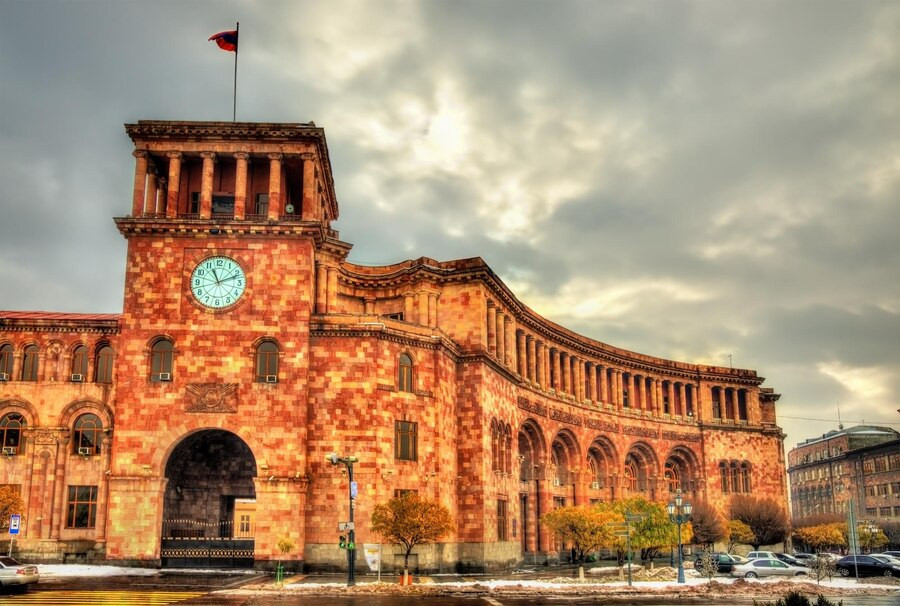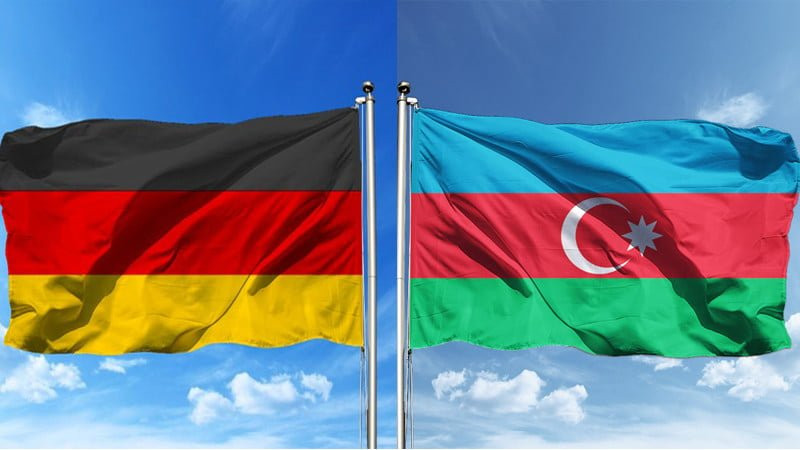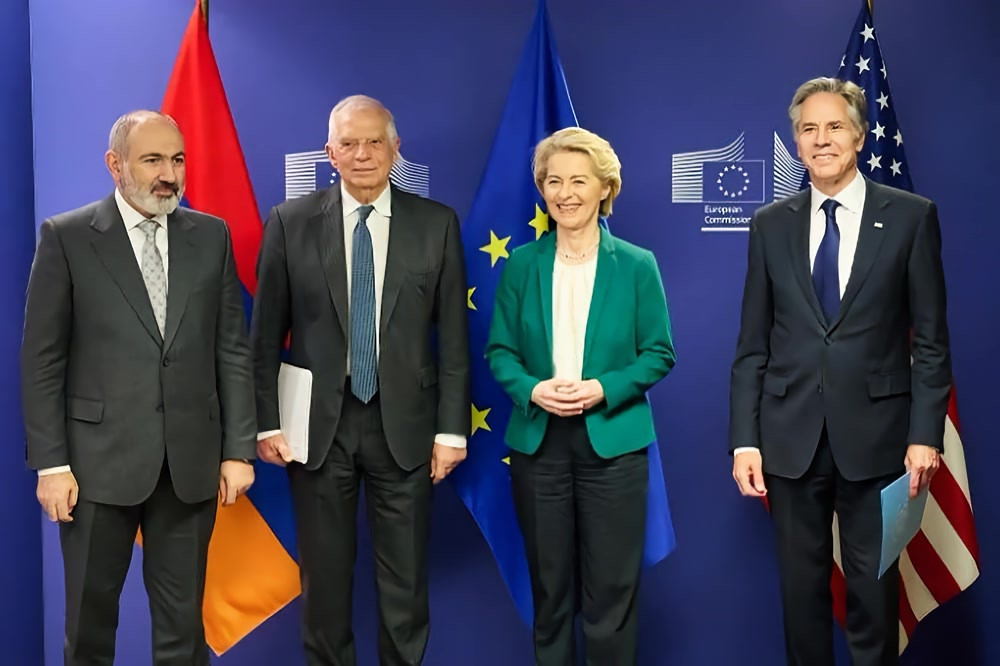Armenian PM Nikol Pashinyan has signaled his readiness to return the four Azerbaijani villages that occupied and controlled by Armenians since the first Karabakh War. On March 19, speaking to residents of the border village of Voskepar in the Tavush region, Prime Minister Nikol Pashinyan warned of a new war if the territory wasn’t returned to Azerbaijan. Armenia’s PM Pashinyan claimed that quick border demarcation therefore needed to avoid a new conflict with Azerbaijan. “We shouldn’t allow the war to start,” Pashinyan said. The Armenian leader said that those non-enclave villages were outside Armenia’s sovereign territory.
Recall that the Chairman of the State Commissions for the delimitation of the state border between the two countries, Azerbaijan’s Deputy Prime Minister, Shahin Mustafayev earlier called for the immediate return of those non-enclave villages controlled by Armenia in the Gazakh region of Azerbaijan.
PM Pashinyan’s abovementioned statements have caused unprecedented friction between current administration and their opponents and intensified public outrage against him. Three armed men attempted to storm a police station in the Armenian capital of Yerevan’s Nor-Nork district on March 23. It was reported that forty-nine people were arrested. According to Armenian media outlets, those three men intended to free members of the Combat Brotherhood organization, who were being held at the station after being detained earlier. It should be noted that the Combat Brotherhood group was formed in 2021 after the Second Karabakh War and strongly opposes Armenia’s normalization with Azerbaijan. In general, the Armenian opposition parties have accused PM Pashinyan and his cabinet for being a one-sided capitulation. They claim that his approach favors Azerbaijan’s interests and weakens Armenia’s defense capabilities along the border.
Moreover, recently tensions between the Armenian government and Karabakh separatists are rising. Armenian Prime Minister Nikol Pashinyan said that Armenia refuses to recognize any “government in exile”. He noted that such statements are a threat to national security. Pashinyan further stated that his administration is the only one that can exist on Armenian land. Nikol Pashinyan’s statement was obviously a reaction to the interview of Samvel Shahramanyan conducted by Le Figaro. The last leader of the Karabakh separatists Shahramanyan, in particular, announced that under his leadership a “government in exile” was operating in Armenia.
The major reason why PM Pashinyan made such claims that this is a threat to the national security of Armenia is that he, first of all, sees it as a threat to political stability and his personal rule in the country. It is clear that Karabakh Armenians, the leaders of former separatist regime in particular, are extremely hostile towards Pashinyan.
Furthermore, it is reported that a criminal case has been opened regarding the latest events in Karabakh, including the resignation of Arayik Harutyunyan from his “post”. The separatists who managed to escape to Armenia can tell the Armenian investigative authorities a lot of engaging and crucial information. As part of the initiated case, there is a travel ban for many members of the “Artsakh” parliament. Gegham Stepanyan, one of them, tried to go abroad, but he was informed at Zvartnots airport that he was banned from leaving the country in February.
Following the fall of the separatist regime last year in September, Shakhramanyan and some other members of his “administration” moved to Armenia. Even though separatist leader Samvel Shakhramanyan signed a piece of paper called the “decree on the self-dissolution of the NKR”, it seems that they continue their work in Armenian territory. Unfortunately, the Pashinyan government did not close the office where they were sitting causing a threat to the national security of Armenia as highlighted by Pashinyan himself. This action of Pashinyan raises questions about the sincerity of his words and deeds.
To conclude, an increasing surge of tensions between PM Pashinyan and his opponents endangers peace talks and threatens the Azerbaijan-Armenia normalization process. It seems that the reawakening of radical and revanchist groups within Armenia is also in the interest of forces outside the region, which are against the existence of sustainable peace in the South Caucasus. It should not be considered accidental that all these happened immediately after Azerbaijani President Ilham Aliyev’s declaration that now we are closer to peace with Armenia than ever before on March 14. All these events give us reason to say that in the near future, wider provocations from Armenian side will likely occur on the conditional interstate border.






